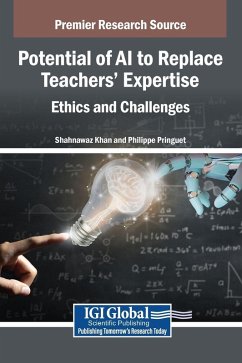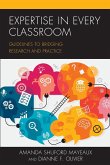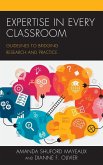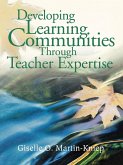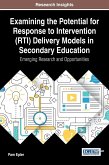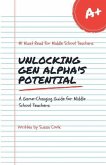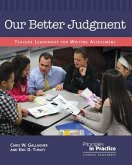As artificial intelligence (AI) advances, its integration into education sparks excitement and concern regarding its potential to replace human teacher expertise. While AI tools can personalize learning, automate administrative tasks, and provide real-time feedback, substituting humans raises ethical questions and practical challenges. Teaching also involves empathy, critical thinking, and social interaction, which are difficult for current machines to replicate. This dynamic begs for critical examination of how far AI should be allowed to go in educational settings, and whether it can, or should, replace the human elements of teaching. Potential of AI to Replace Teachers' Expertise: Ethics and Challenges explores the ethical considerations, practical strategies, and potential challenges associated with the integration of AI tools into the classroom. It provides educators with the necessary knowledge and tools to effectively leverage AI to enhance the teaching and learning experience for students and educators. This book covers topics such as ethics and law, assessments, and data science, and is a useful resource for educators, engineers, policymakers, academicians, researchers, and scientists.
Bitte wählen Sie Ihr Anliegen aus.
Rechnungen
Retourenschein anfordern
Bestellstatus
Storno

